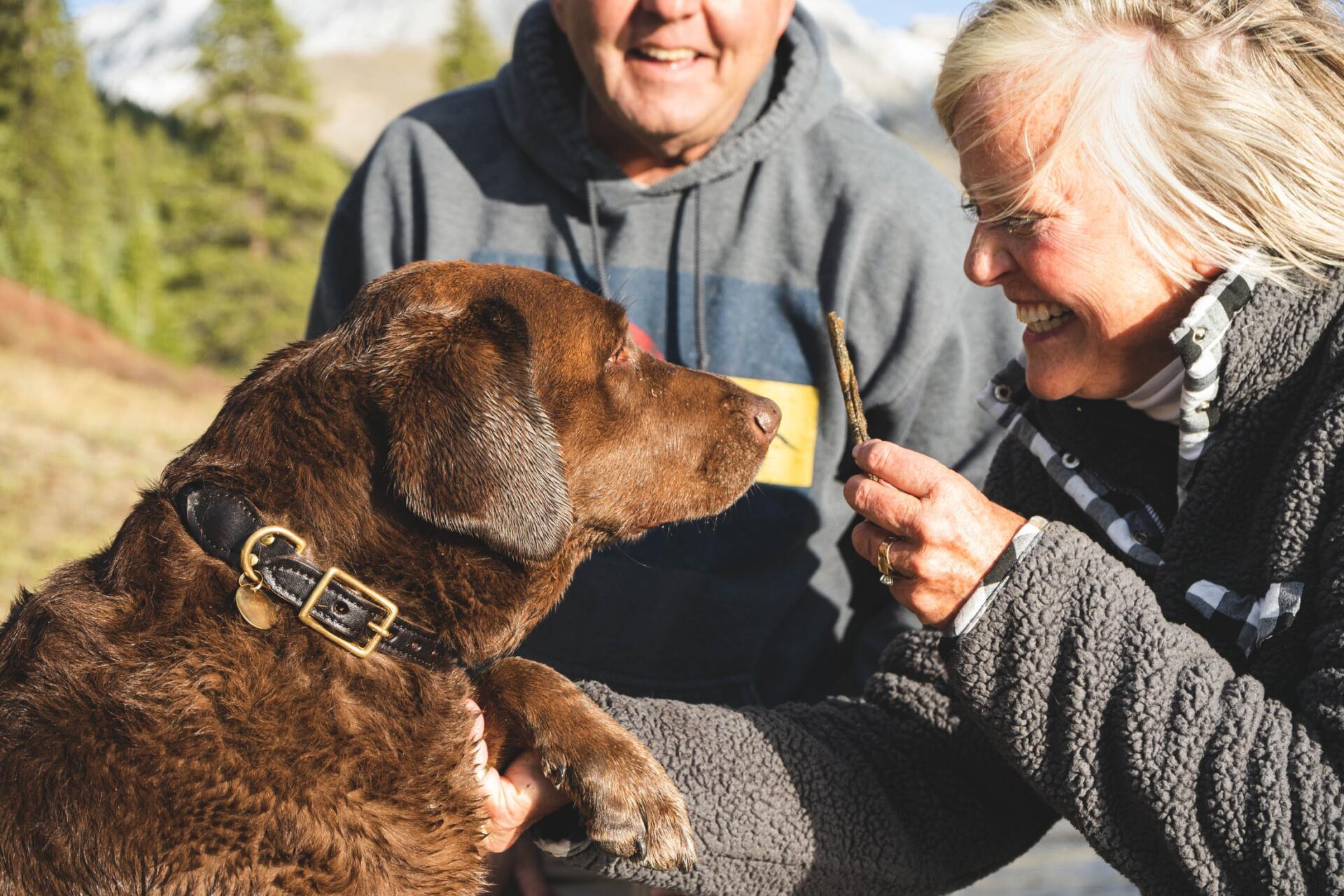How to Help Older Adults Cope with Pet Loss
You would think that loss affects us all–children, adults, and the elderly–in exactly the same ways, wouldn’t you? But much as grief is harder for children because of their lack of experience with it; grieving in older adults can be more difficult simply because of all the loss they have endured in the past. Grief can be compounded by successive “layers” of loss, making its effects stronger and more debilitating. Because of their age and other life circumstances, older adults may:
- Experience several losses within a short period of time.
Older adults are more likely than other adults to lose more than one friend or family member within a short period of time. This can cause them to grieve the losses at the same time or grieve over a long period of time. It may also cause them to feel overwhelmed, numb, or have a hard time expressing their grief.
- Not even be aware that they are grieving.
Older adults experience losses related to aging. They may need to give up roles within their family. They may lose physical strength and stamina. They may feel sad and experience other signs of grieving without knowing that they are grieving.
- Be unwilling to tell other people that they are grieving.
They may also be unwilling to tell other people how sad they feel when they see or care for older loved ones who are ill or aging.
- Lack the support system that they had in the past.
Older adults who depended on their spouses or other family members for social contact may lack a support system after their spouses die or other family members move away or die. These older adults may feel lonely and think that they have no one to confide in.
The top 5 ways you can help a grieving older adult include:
Pointing out signs of sadness or changes in behavior.
This may help the person become aware of his or her feelings and may help the person feel more comfortable talking with you about how he or she feels.
Older adults often have more than one loss to deal with at a time, so deciding to talk about each separately may also help the person feel less overwhelmed and more able to cope with their emotions.
Sources:
- National Center for Gerontological Social Work Education http://www.cswe.org
- Cigna Health Insurance http://www.cigna.com







